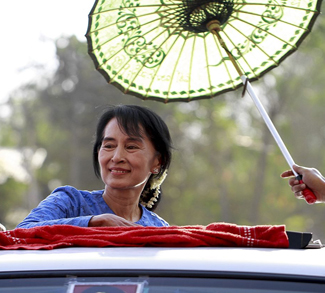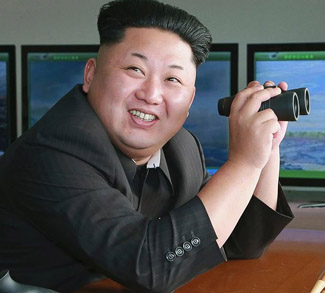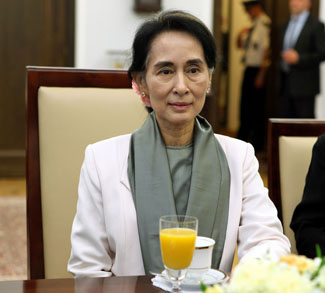Summary
The United Nations has accused Myanmar of carrying out a campaign of ethnic cleansing targeting the minority Rohingya Muslim population in its impoverished northwest state of Rakhine. As the violence unfolds, up to 30,000 members of the Rohingya community have abandoned their homes to escape operations by Myanmar’s powerful military. Security forces flooded into northwest Myanmar in October after hundreds of suspected Rohingya militants, armed with crude weapons, killed nine members of its Border Police Guard.
The army says that 102 Rohingya militants and 32 members of the security forces have since been killed, but human rights groups say the true number of deaths is much higher. The government of State Counselor Aung San Suu Kyi does not control the country’s powerful armed forces, which only allowed her National League for Democracy to take power after years of oppressive military rule. However, Myanmar’s first civilian government has been criticized abroad for denying the country’s military has committed atrocities in northern Rakhine state. The UN has called for an independent investigation amid reports of mass detentions and satellite pictures showing the destruction of villages.
Inside Rakhine state the situation is extremely polarized between the Muslim Rohingya community, the Buddhist Bamar who make up the largest ethnic group in Myanmar, and the local ethnic Rakhine community, who are also Buddhists. Muslims have dominated northern Rakhine state near the border with Bangladesh, whilst in the south Buddhists form the majority. But while it is tensions between the Buddhist and Muslim groups in Rakhine which periodically make the international headlines, Rakhine nationalists recall that for much of their history, their group had its own independent kingdom. Relations between the local Bamar community and their Rakhine neighbors are also tense, though both groups see the main threat as coming from the non-Buddhist Rohingya community.
Background
Myanmar. Conditions for the Rohingya in Myanmar are wretched as their community is not recognized by the government as Myanmar citizens, and Naypyidaw has long applied a policy of collective punishment to try and force them to leave. The origin of the conflict dates roughly back to imperial times, when Britain annexed what was then called Arakan from Myanmar’s Konbaung dynasty. Many, though not all, of what is now the area’s Muslim community came into Rakhine during British rule. Despite having lived there for generations now, the community is still seen as non-indigenous and human rights groups have long documented its systematic persecution by both the authorities and neighboring ethnic groups.




